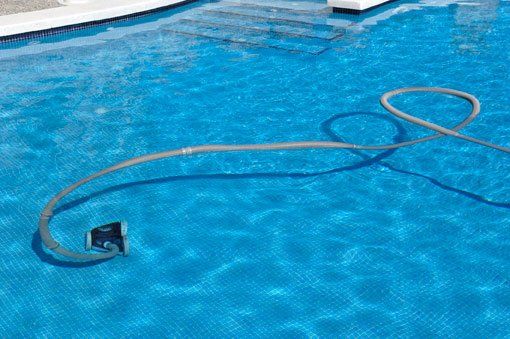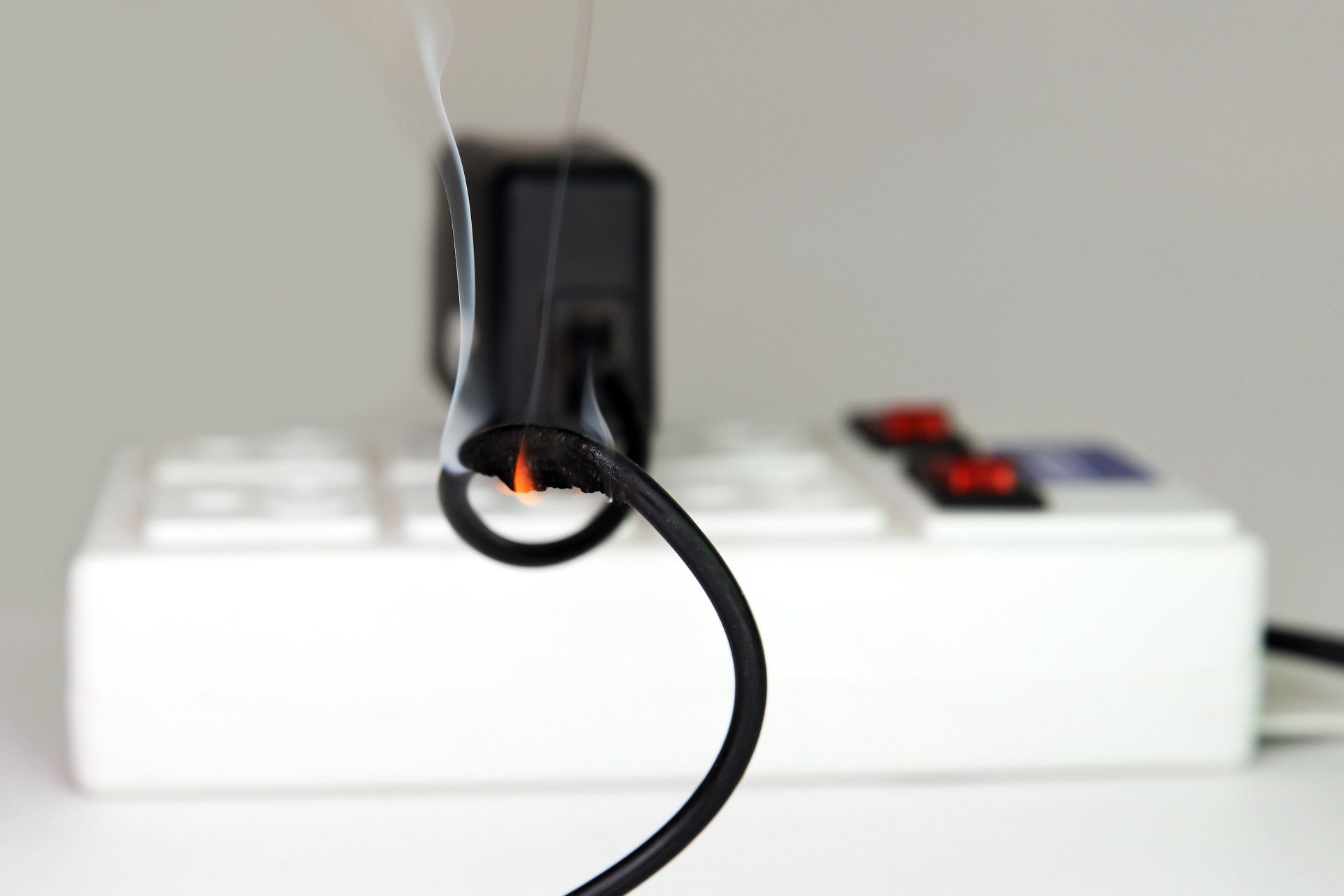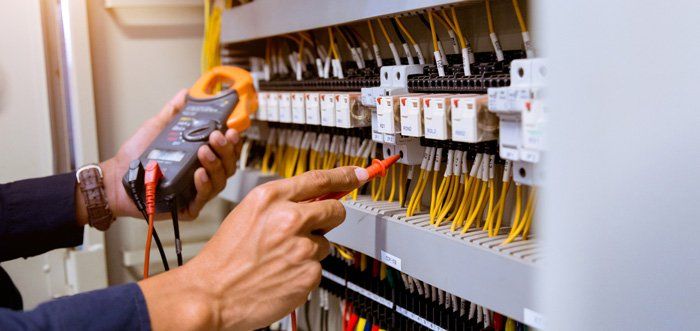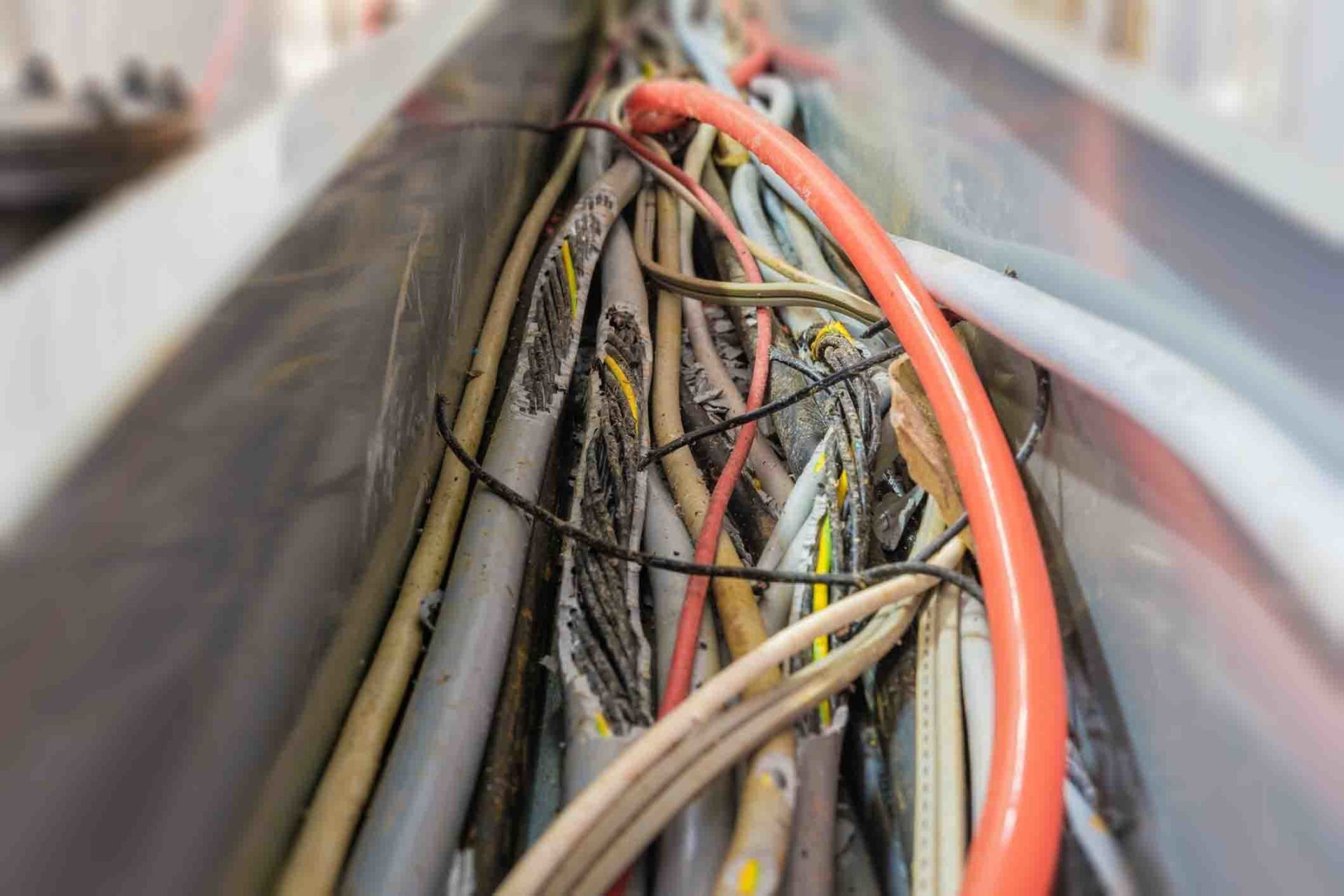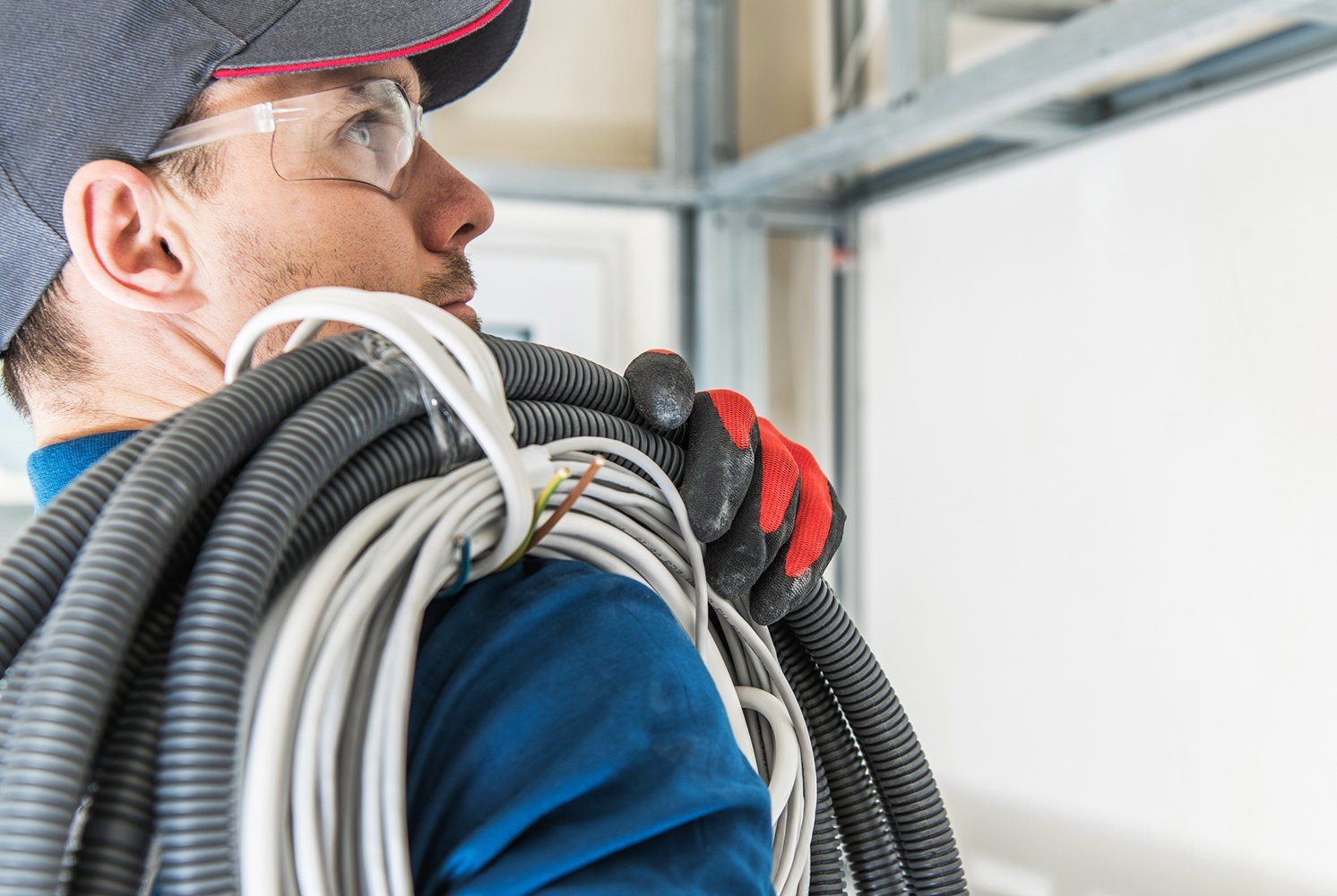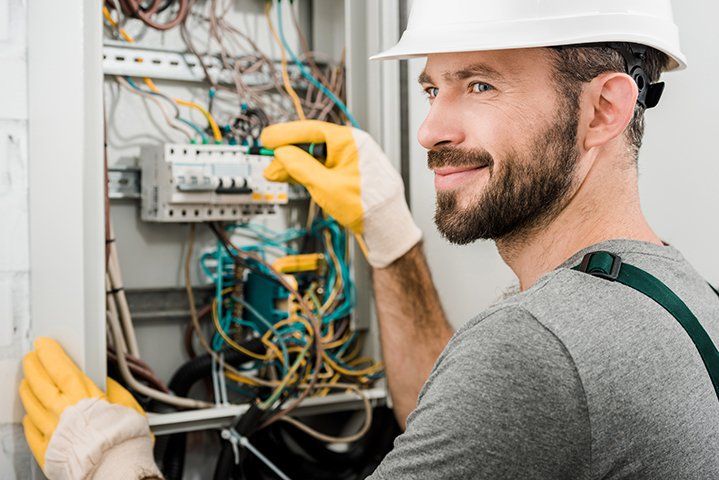Electrical Safety Tips for Pool Owners
As the temperatures in Mobile continue to rise, the start of pool season draws nearer. Time spent in the pool should be fun and relaxing, but most important of all - safe. You should put certain safeguards in place now and exercise a host of safety precautions when enjoying water play to reduce the risk of a dangerous electrical accident.
Learn what you can do to safeguard your family or friends during pool season.
Outlet Upgrades
Look around the exterior of your house and ensure all outlets near the pool area are equipped with groundfault circuit interrupters (GFCIs). GFCI outlets differ from standard outlets in that they continuously monitor the current flow passing through the circuit. When the current reaches a dangerous level, the outlet automatically shuts off.
A speaker plugged into an outlet that accidentally falls into the pool would cause the current to reach a critical level; with a standard outlet, this scenario could lead to electrocution or an electrical fire. A GFCI-rated outlet is especially valuable in this instance because it would automatically shut off, avoiding a disaster.
No-Go Zone
Establish a no-go zone for electrical devices. GFCI outlets are a critical safety tool, but electricity and water do not mix, so as long as electronics are near the pool, there is always a risk of danger. A no-go zone is a parameter for which you will not use electrical devices near the pool.
Make the entire pool deck or at least five feet around the pools' perimeter off-limits for electronics. The further these devices are from the water, the better. Restrict the devices you use around the pool to those that are battery-powered to eliminate the risk altogether.
Electrical Red Flags
Keep your eyes open for electrical red flags. One of the leading reasons for swimming pool shock is old pool wiring. Common indications of old wiring include flickering lights and the scent of something burning. If you experience any of these situations near the pool, or any other unnerving signs, do not get into the water; your safety is at risk.
The goal is to avoid these types of situations altogether, which requires a regular commitment to maintenance. As a responsible pool owner, you should have your electrical wiring inspected periodically even if you don't see any visible concerns.
No Pool Days
Powerful storms frequent the area every year, including thunderstorms and hurricanes. Ensure your children follow the rule for no pool days. Branches begin to sway and fall from trees with wind speeds in the twenty and thirty miles per hour range. In a neighborhood with overhead power lines, a displaced branch could hit a power line and send it crashing down.
Owners with pools near overhead power lines should classify windy days as no pool days, as accidents like this happen when least expected.
Extension Cords
Extension cords should be entirely off limits when in the pool, even if they are not in the no-go zone. Extension cords are especially dangerous in an outdoor environment because they settle in the grass, which makes them harder to see.
With an above-ground pool, pool water that seeps out near the cord will create a dangerous hazard. With an in-ground pool, someone could walk over the cord while wet. If you absolutely must use an extension cord, ensure it is outdoor-rated and position it in a way that makes it highly viewable to everyone.
Keep pool time fun; use this information to keep your entire family protected. For any additional electrical safety concerns, outlet installation needs or other wiring concerns, contact
Presley & Son Electric Service. We are here to help.
